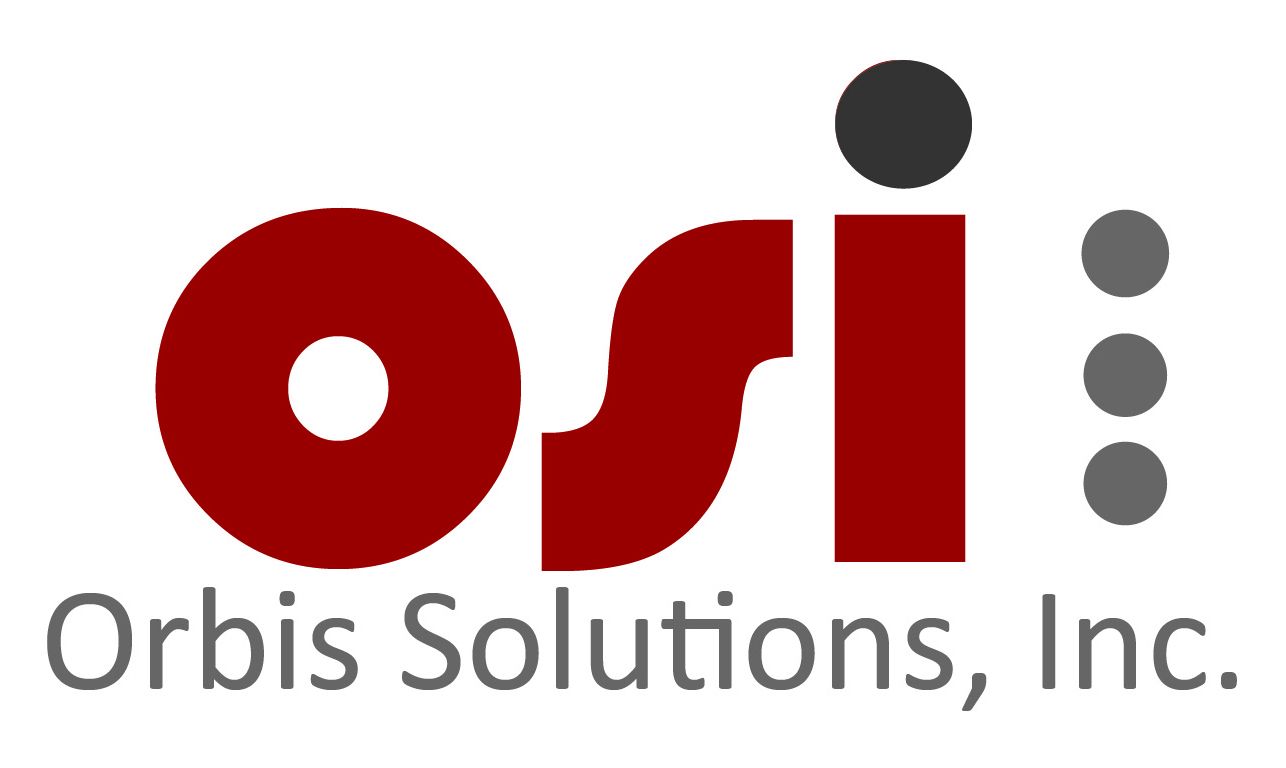August 22, 2025
Artificial intelligence (AI) is revolutionizing the way businesses operate, and the buzz around tools like ChatGPT, Google Gemini, and Microsoft Copilot is well-deserved. These AI-powered solutions streamline content creation, customer interactions, email drafting, meeting summaries, and even coding or spreadsheet tasks.
Unlock incredible productivity gains and save valuable time by integrating AI into your workflows. However, powerful as these tools are, improper use can lead to significant risks—especially concerning your company's data security.
Even small businesses face these vulnerabilities.
Understanding The Risk
The challenge isn’t AI technology itself, but rather how it’s applied. When employees input sensitive information into public AI platforms, that data might be stored, analyzed, or even used to train AI models—potentially exposing confidential or regulated information without anyone’s knowledge.
For example, in 2023, Samsung engineers inadvertently leaked internal source code into ChatGPT, prompting the company to ban public AI tools entirely, as reported by Tom's Hardware.
Imagine this happening in your workplace: an employee pastes client financials or medical records into ChatGPT for a quick summary, unknowingly exposing sensitive data within seconds.
A New Danger: Prompt Injection Attacks
Beyond accidental leaks, cybercriminals are exploiting advanced techniques like prompt injection. They embed harmful commands within emails, transcripts, PDFs, or even YouTube captions. When AI tools process this content, they can be manipulated into revealing confidential information or performing unauthorized actions.
In essence, the AI unwittingly becomes a tool for the attacker.
Why Small Businesses Are Particularly At Risk
Many small businesses lack oversight on AI usage. Employees often adopt AI tools independently, assuming they’re just enhanced search engines, unaware that pasted data may be permanently stored or accessed by others.
Additionally, few companies have established policies or training to guide safe AI use.
Protect Your Business Today
You don’t have to ban AI, but you must manage it wisely.
Start with these four essential steps:
1. Establish a clear AI usage policy.
Specify approved tools, restrict sharing of sensitive data, and designate a point of contact for questions.
2. Train your team.
Educate employees about the risks of public AI platforms and how threats like prompt injection operate.
3. Adopt secure AI solutions.
Encourage use of enterprise-grade tools such as Microsoft Copilot that prioritize data privacy and compliance.
4. Monitor AI activity.
Keep track of AI tools in use and consider restricting public AI access on company devices if necessary.
Final Thoughts
AI is transforming business landscapes permanently. Companies that embrace it securely will thrive, while those ignoring its risks invite potential breaches, compliance failures, and severe consequences. A few unguarded keystrokes could jeopardize your entire operation.
Ready to safeguard your business’s AI use? Let’s discuss how to create a robust, secure AI policy that protects your data without hindering your team’s productivity. Contact us today at 702-745-9468 or click here to schedule your 10-Minute Discovery Call.




